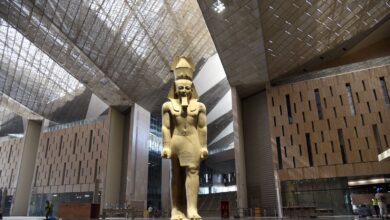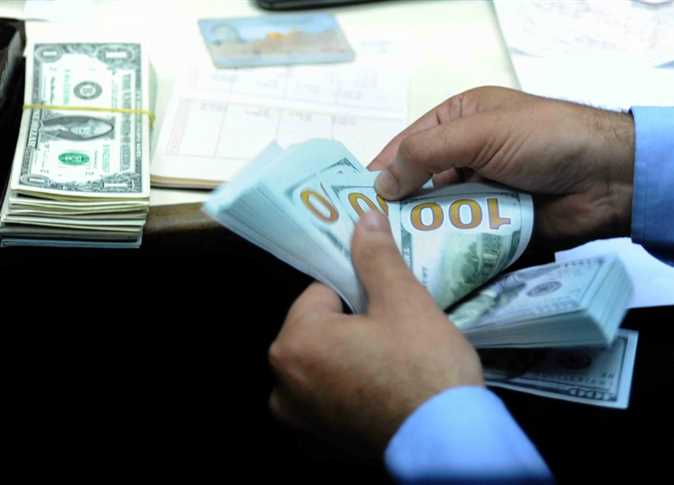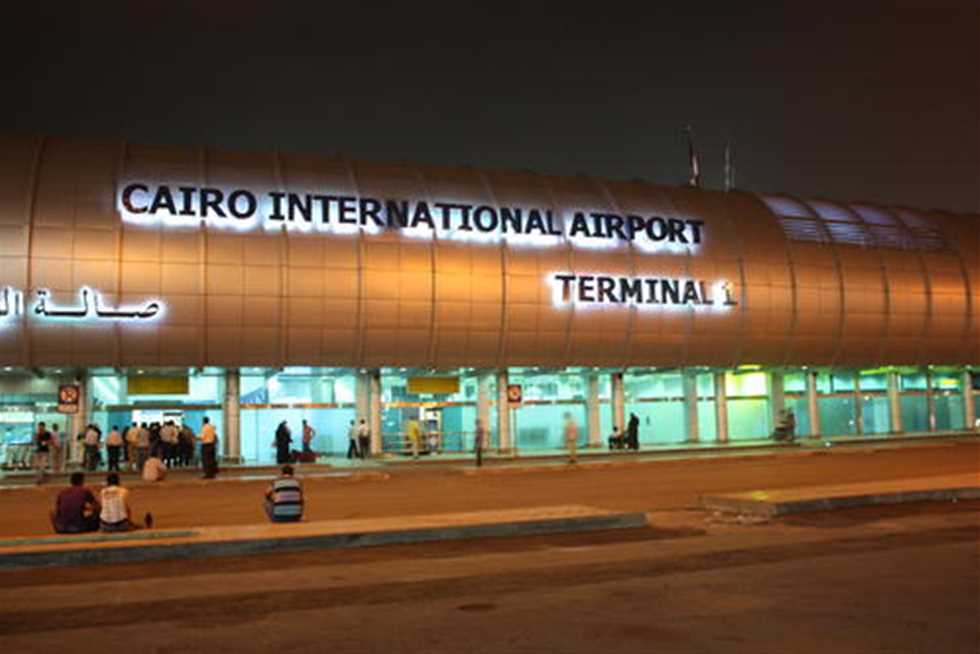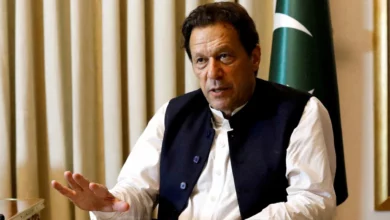A group of controllers working in the Central Auditing Organization (CAO) are objecting to the slow pace of reform and anti-corruption efforts under its current leader, Gawdat el-Malt. The group is calling for the removal of Malt and a complete overhaul of the CAO.
"So far, all the lawsuits and complaints have been filed by concerned citizens and individuals. The CAO, has yet to meet to decide how it will protect public funds, since the revolution,” said Ibrahim Yousry, a founding member of the group, Controllers Against Corruption (CAC).
Since its inception in 1942, the CAO, the only government institution with full powers of oversight over public funds, was pushed into obsolescence, particularly under former President Hosni Mubarak.
The CAO’s ineffectiveness goes back to 1988, when a law was passed stating that an institution’s failure to respond to a CAO report denoting irregularities would be handled as an administrative violation, as opposed to a criminal one.
“This meant that all corrupt officials would face if they disregarded a CAO inquiry would be a fine,” said Ibrahim Abu-Gabal, of the CAC.
The organization’s supposed independent status has also been subject to limitations. The most severe limitation also occurred in 1998, when the CAO was brought under the auspices of the executive branch, meaning the president could directly control it.
Gawdat el-Malt’s mandate in the organization began in 1999, and the CAC see his appointment — by the executive — as evidence of him being used as a Mubarak crony.
The CAC’s accusations of Malt’s corruption contradict how he is publicly perceived. After the uprising, some pro-revolutionary figures called for Malt to become an interim leader or potential presidential candidate.
“I was one of those deceived by Gawdat el-Malt after the uprising, until the CAC brought to light information against him. However, the important part of their work lies in restructuring and livening the role of the CAO, and the need for more oversight in the community,” said economist and activist Abdel-Khalek Farouk.
Farouk believes that the CAC and organizations like it will be fighting an uphill battle against what he calls “institutionalized corruption”, which was rooted in the lack of adequate government oversight.
“Sadat planted the seed of institutionalized corruption when he amended a clause that opened the door for ministers to become members of parliament or vice versa, whereas it is known that the legislative should oversee the executive,” Farouk said.
Under Mubarak, members of the executive tended to act with near impunity, especially when it came to public funds. This was especially evident during the wave of privatization in the 1990s, according a high-ranking CAO official.
“How could the CAO be a member of the privatization committee, when it is supposed to oversee the process? The organization was an aid to selling public assets,” said Assem Abdel Moaty, formerly a high-ranking CAO official.
During that period, the government sold around 41 companies, which, according to Abdel Moaty, should have been valued at LE400 billion, and were instead sold for LE57 billion.
The whole system, Abdel-Moaty argues, was geared towards deceiving public opinion, diverting attention away from corruption and siphoning off public funds.
“The government tricked the people into settling some debts, by setting up and selling fake companies. They also set-up a parallel system for the public funds in the extra-budgetary private funds worth around LE97 billion,” Abdel Moaty said.
Official CAO figures put the figure for the private funds at LE21 billion. Yousry, however, said that the LE21 billion is the amount kept with the Central Bank, and that they calculated the rest of the LE97 billion from looking into amounts placed in commercial banks.
CAC members have drafted a new proposed law that would look into gathering all financial oversight institutions under one umbrella and ensure the CAO’s independence, while creating a democratic system internally to ensure that the senior management of the CAO is not appointed from the executive branch.
“Our goal is to try and revive the role of oversight institutions, and create a framework that can stand up to any form of corruption in the government,” said Samer el-Naggar, a member of the CAC and a drafter of the proposed law.
Members of the CAC hold that corruption has become rooted in every facet of society, even their own organization, and that the weakness of oversight institutions has played a major role in allowing this to happen.
“When we have the names and records of 120 police officers that were gifted land in 6 October for piastres per meter by former Housing Minister Ibrahim Suleiman, that he did not even attempt to hide, then we know there is a complete lack of accountability,” said Farouk.
The conclusion, according to the CAC, is that the CAO, like many other government institutions, is in need of serious reform.




